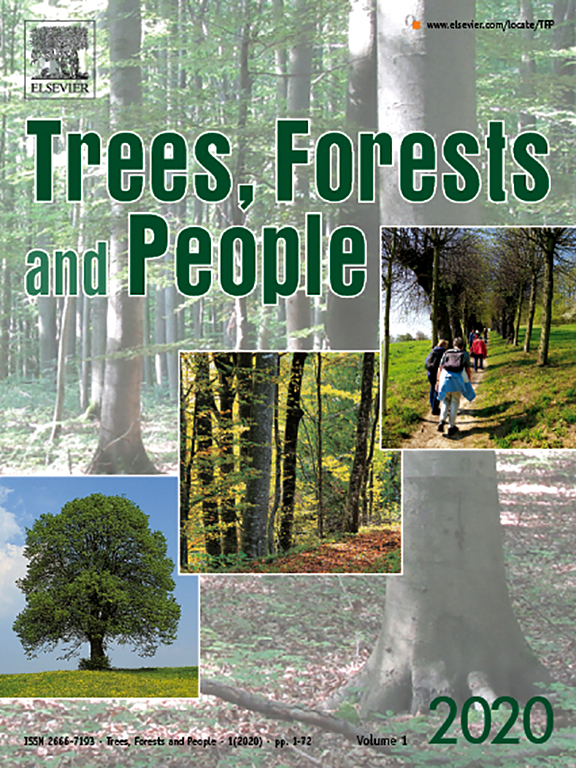Honey is one of the important non-timber forest products consumed in the Democratic Republic of Congo (DRC) and, as such, an important source of income for many households. However, poor knowledge of buyers’ preferences in the marketing of honey presents a major challenge to the profitability of the honey enterprises. The research presented in this article identifies key consumer characteristics that influence the preferences of honey consumers in the DRC. The primary data source used in this analysis is drawn from a survey of 214 consumers. Results show that consumers who are married and have reached at least the level of secondary education have a strong preference for local forest and savannah honey. Those between the ages of 30 and 50 do not prefer honey from beekeeping, but would rather have it imported. We conclude that segmentation of the honey market and increasing consumer awareness must go in tandem in order to develop a good marketing strategy.
DOI:
https://doi.org/10.1080/10454446.2013.807405
Dimensions Nombre de citations:

















